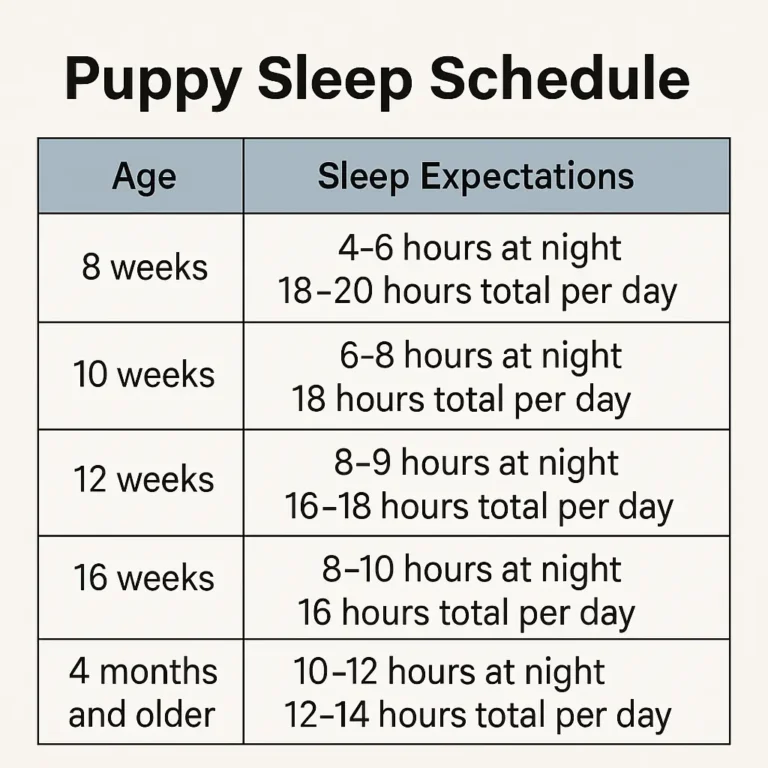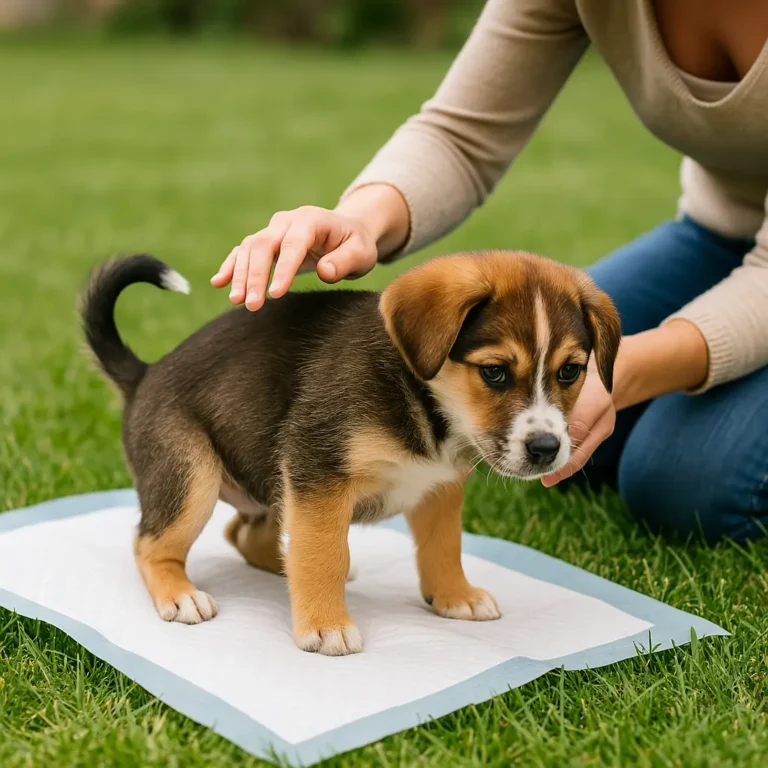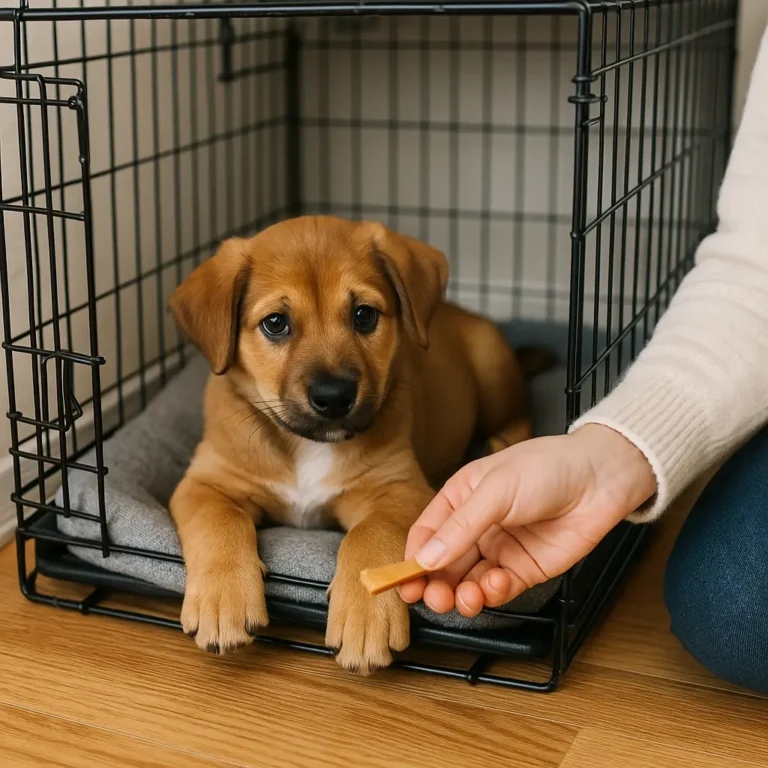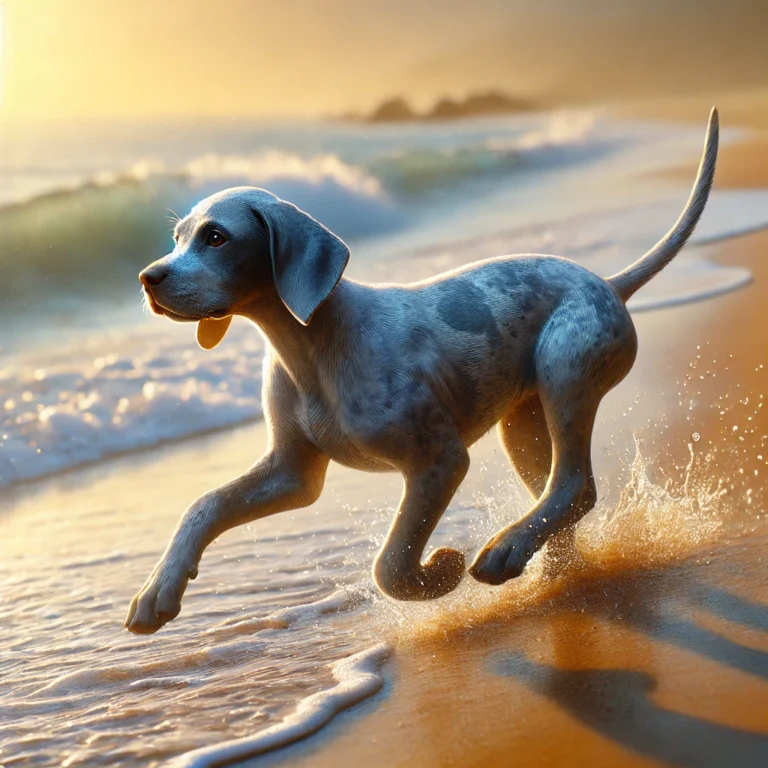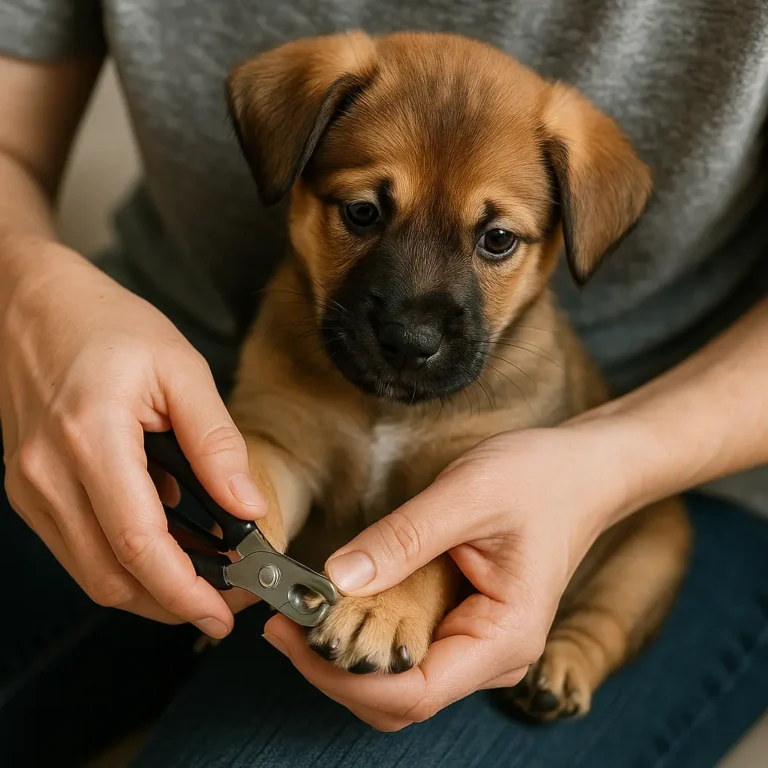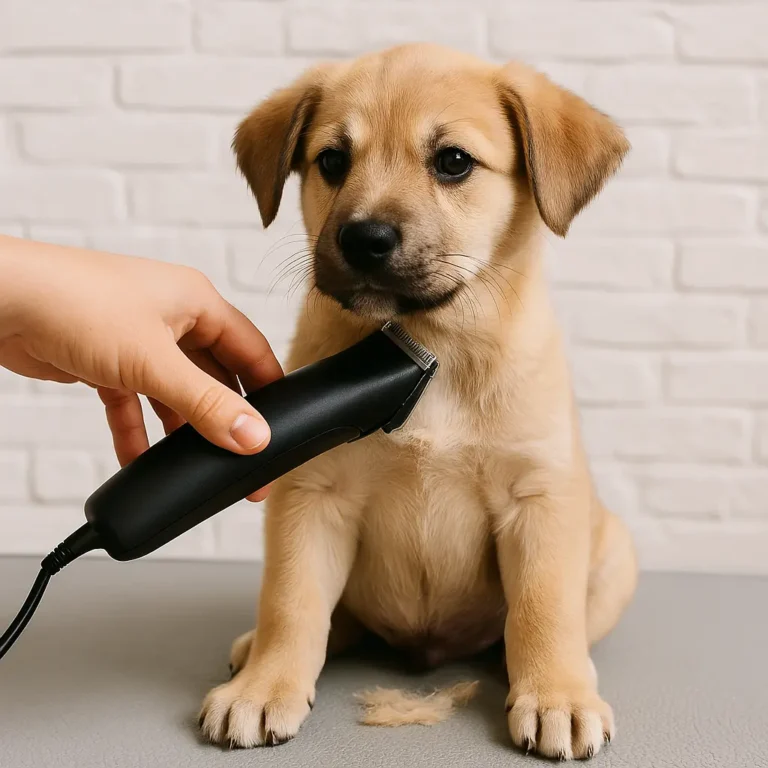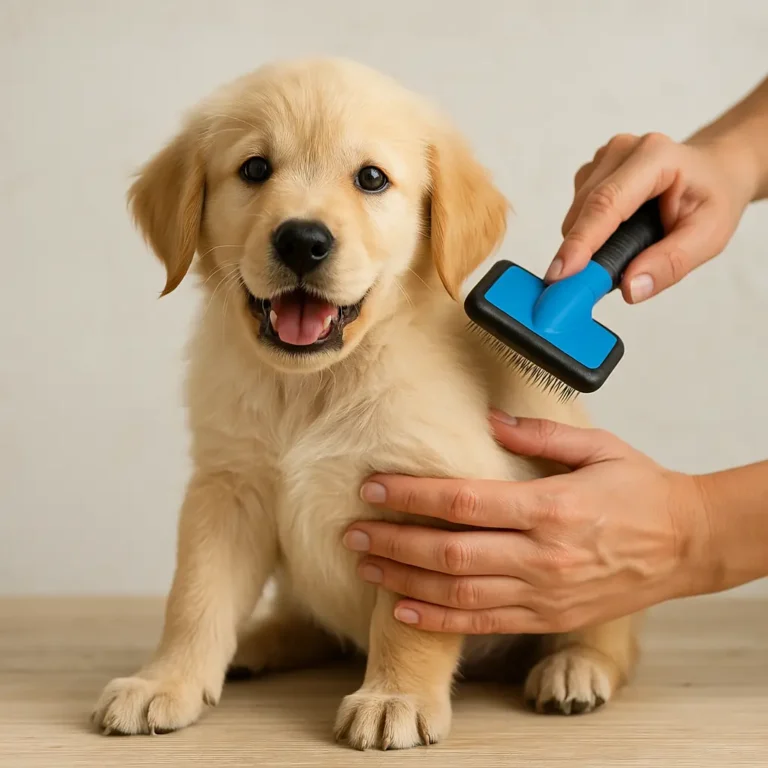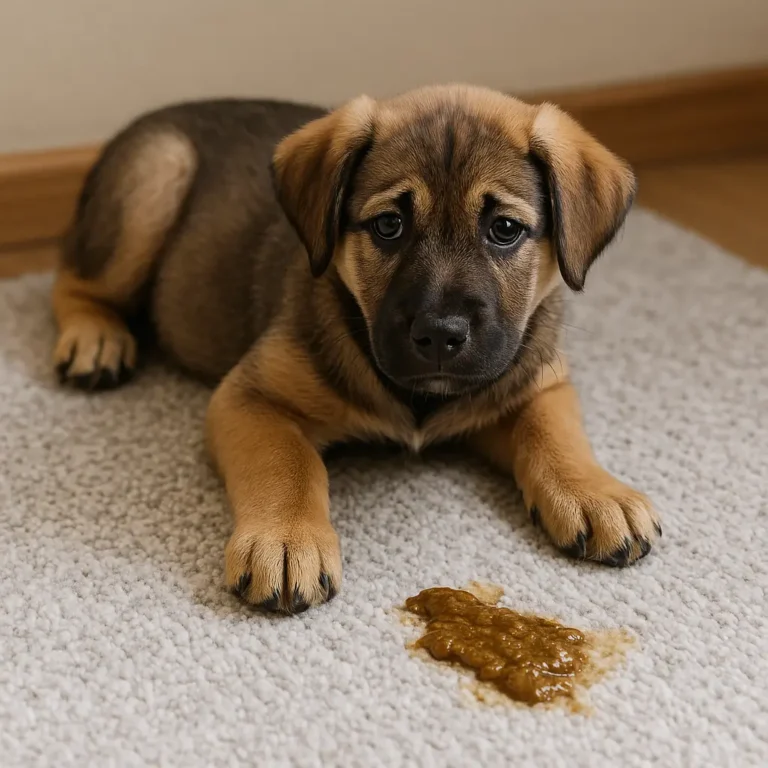Italian Pointer Dog
The Italian Pointer Dog – A Versatile and Loyal Hunter
The Italian Pointer Dog, also known as the Italian Pointing Dog, is a versatile gun dog with a rich history in hunting and companionship. Originating from Italy, this breed is admired for its keen sense of smell, agility, and intelligence. The Italian Pointer excels in tracking, pointing, and retrieving game, making it a favorite among hunters and sporting enthusiasts.
Aside from its exceptional hunting skills, this breed is also known for its loyal and affectionate temperament, making it an excellent family pet. It thrives in active households where it can engage in regular exercise, training, and social interaction.
With its lean and athletic build, the Italian Pointer has impressive stamina and endurance, allowing it to perform well in hunting environments. This breed is eager to please, making training easy and enjoyable. Whether as a hunting companion or a family pet, the Italian Pointer Dog is a remarkable and devoted breed.
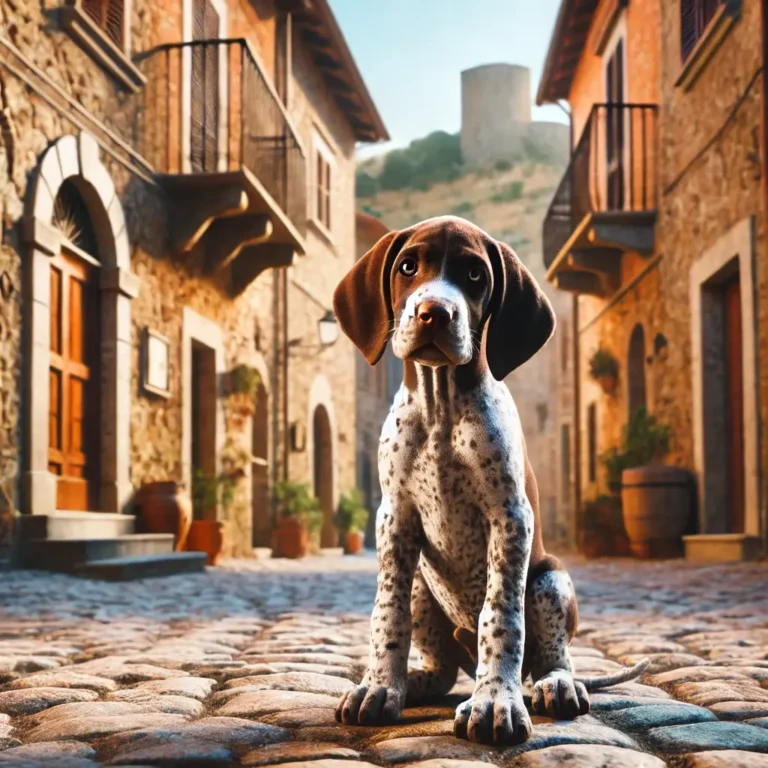
Italian Pointer Dog Puppies – Playful, Intelligent, and Energetic
A Italian Pointer Dog puppy is full of energy, intelligence, and curiosity. These puppies develop their hunting instincts early, showing enthusiasm for exploring their surroundings. They require early socialization and training to ensure they grow into well-mannered and obedient adults.
Providing them with interactive playtime, mental stimulation, and obedience training is essential. Their eager-to-learn attitude makes training a rewarding experience. Owners should focus on positive reinforcement techniques to encourage good behavior.
Since they are high-energy dogs, regular exercise is crucial to prevent boredom and destructive behavior. With proper care, an Italian Pointer puppy matures into a loyal, affectionate, and skilled companion.
Breed Traits
The Italian Pointer Dog is a highly skilled hunting breed known for its keen nose, agility, and intelligence. It is loyal, affectionate, and energetic, making it an ideal hunting and family companion.
The Italian Pointer Dog has a lifespan of 12 to 15 years with proper care, regular vet checkups, and an active lifestyle. A nutritious diet and daily exercise contribute to their longevity.
An adult Italian Pointer Dog stands between 22 to 27 inches at the shoulder. Males tend to be taller than females, with an elegant yet muscular build suited for endurance and agility.
A fully grown Italian Pointer Dog weighs between 55 to 70 pounds, depending on gender and genetics. Maintaining a healthy weight with a balanced diet and regular exercise is essential for overall well-being.
These dogs excel in open spaces such as farms, large yards, or rural homes. They require daily exercise and mental stimulation, making them best suited for active families or hunting enthusiasts.
Breed Characteristics
With a sleek, muscular frame, floppy ears, and expressive eyes, the Italian Pointer Dog is built for speed and agility. Its strong prey drive, intelligence, and loyalty make it a highly valued breed.
Yes! The Italian Pointer Dog is gentle, affectionate, and social with its family. They enjoy spending time with children and bond well with other pets when properly introduced and socialized.
They have a lean, athletic build, with a short coat that comes in white, orange, brown, or speckled patterns. Their deep chest, strong legs, and floppy ears give them a distinct appearance.
They are friendly and sociable dogs that enjoy human companionship. Early socialization helps them develop confidence and adaptability, making them excellent around strangers, children, and other animals.
The Italian Pointer Dog is intelligent, loyal, and eager to please. They have an even temperament, making them excellent working dogs while also being affectionate and devoted family pets.
Training – How to Train an Italian Pointer Dog for Success
Training an Italian Pointer Dog is highly rewarding due to its intelligence and eagerness to learn. Start with basic obedience training at an early age to build a strong foundation.
Since they are natural hunters, focus on retrieval, pointing, and scent work to enhance their skills. Use positive reinforcement techniques like treats and praise to encourage good behavior. Socialization with different people, animals, and environments ensures a well-adjusted temperament.
Consistency and patience are key when training this energetic breed. With the right guidance, an Italian Pointer Dog will develop into a highly skilled, obedient, and affectionate companion.
Italian Pointer Dog History & Facts
The Italian Pointer Dog has a history dating back to the Renaissance era in Italy. Originally bred as a gun dog, it was developed to assist hunters in locating and retrieving game birds.
This breed is believed to be a descendant of ancient pointing breeds, refined over centuries to enhance speed, scent-tracking ability, and endurance. It became popular among Italian nobility for its exceptional hunting skills. Today, the Italian Pointer is cherished for its versatility, intelligence, and gentle nature, excelling as both a working dog and a family pet.
Their keen sense of smell allows them to detect game from long distances, making them one of the best hunting breeds in the world.
Historically, the Italian Pointer Dog was a prized hunting companion of noble families, used for its speed and efficiency in hunting expeditions.
Whether in a hunting field, agility competition, or family home, they can adjust to different environments as long as they get enough mental and physical stimulation.
When detecting prey, they freeze and point their nose and paw forward, a natural instinct that has made them a preferred breed for hunters.
Despite their strong hunting instincts, Italian Pointer Dogs form deep emotional bonds with their owners, making them loyal and loving companions.
Pointer Dog Popular Mix Breeds
Many Pointer mix breeds retain the hunting instincts, intelligence, and agility of the Italian Pointer Dog while introducing unique traits from other breeds. Popular Pointer mixed breeds include:
- Italian Pointer Labrador Mix – A friendly, intelligent hunting companion with great retrieving abilities.
- Italian Pointer German Shepherd Mix – A highly trainable dog, combining intelligence and work ethic.
- Italian Pointer Beagle Mix – A scent-driven mix with tracking and companionship qualities.
- Italian Pointer Pitbull Mix – A strong and loyal breed with agility and protective instincts.
These mixes inherit the versatility, loyalty, and athleticism of the Italian Pointer while adding unique characteristics from their parent breeds.
🥩 Italian Pointer Dog Diet: What Should They Eat?
The Italian Pointer Dog requires a protein-rich, balanced diet to maintain its energy levels and muscular build. Lean proteins such as chicken, turkey, beef, and fish provide essential amino acids, while brown rice and sweet potatoes ensure sustained energy. Omega-3 and Omega-6 fatty acids from flaxseeds and fish oil support joint health and coat shine. Fresh vegetables and fruits like carrots, blueberries, and spinach promote digestion and immunity. Avoid artificial fillers, preservatives, and excessive grains. Feeding premium kibble, raw food, or a mix of both ensures optimal health. Always provide fresh water, adjusting portions based on weight, age, and activity level.
🐶 Italian Pointer Dog Breed Behavior: Gentle and Focused
The Italian Pointer Dog Breed is intelligent, affectionate, and highly energetic. Originally bred for hunting and retrieving, they excel in obedience training and fieldwork. They are gentle with their family but maintain a strong work ethic in the field. With proper exercise and training, they become loyal and well-behaved companions.
Alertness
Protectiveness
Prey drive
Aggressiveness
Barking level
Trainability
Mental stimulation needs
Intelligence
🐕 Popular Italian Dog Cross Breeds You Should Know
The Italian Pointer Dog is often crossed with other breeds to enhance its hunting and retrieving skills. Popular Italian Dog Cross Breeds include:
- Italian Pointer Lab Mix – A high-energy retriever with excellent tracking skills.
- Italian Pointer Beagle Mix – A scent-driven, compact hunting dog.
- Italian Pointer Setter Mix – A fast, bird-hunting specialist.
- Italian Pointer Shepherd Mix – A strong and intelligent working dog.
These mixes retain the sharp hunting instincts, intelligence, and agility of the Italian Pointer Dog, making them perfect for outdoor enthusiasts and field sports.
🛁 Grooming Guide for an Italian Pointer Dog: Keep Their Coat Healthy!
The Italian Pointer Dog has a short, smooth coat that requires minimal grooming. Brushing 2-3 times a week helps remove loose fur and maintain coat health. Bathing should be done once a month using a hypoallergenic shampoo to prevent skin irritation. Regular ear cleaning prevents infections, while nail trimming every two weeks ensures comfort. This breed sheds moderately, making consistent brushing essential. Professional grooming every few months helps keep their coat well-maintained. Brushing their teeth daily prevents dental issues and ensures fresh breath, promoting overall hygiene and long-term health.
Physical Attributes: What Makes the Italian Pointer Dog Unique?
The Italian Pointer Dog, also known as the Bracco Italiano, is a strong, well-built breed with a muscular body. They have a deep chest, long ears, and a broad nose, which enhances their scent detection skills. Their expressive eyes, short coat, and elegant movement make them stand out as hunting and tracking dogs.
Breed Size
Colours
Coat
Drooling
Snoring
Exercise Needs
Grooming Needs
Aggressiveness
What Are the Common Health Concerns in an Italian Pointer Dog?
The Italian Pointer Dog is a healthy and resilient breed, but they may develop hip dysplasia, bloat, progressive retinal atrophy (PRA), and ear infections. Their lifespan ranges from 12-14 years, and regular vet checkups, high-protein diets, and joint care help ensure longevity. Due to their deep chest, they are prone to bloat (gastric torsion), so feeding them smaller, frequent meals is recommended. Their floppy ears require regular cleaning to prevent moisture buildup and infections. Maintaining an active lifestyle, proper diet, and structured training ensures a healthy and happy Italian Pointer Dog.
The Italian Pointer Dog – A Large and Skilled Hunting Breed
The Italian Pointer Dog falls into the large breed category, weighing 55-90 pounds and standing 21-27 inches tall. Their athletic build, endurance, and agility make them ideal for sporting activities, hunting, and outdoor adventures. They require ample space and regular exercise to stay healthy and happy. Their loyal nature and high intelligence make them excellent family companions and working dogs. While they can adapt to urban living with adequate exercise, they thrive best in homes with yards or access to open spaces.
Italian Pointer Dog faq
Is the Italian Pointer Dog hypoallergenic?
Do Italian Pointer Dogs bark a lot?
How much exercise does an Italian Pointer Dog need?
Are Italian Pointer Dogs good with kids?
What is the lifespan of an Italian Pointer Dog?
Are Italian Pointer Dogs easy to train?
Do Italian Pointer Dogs need professional grooming?
Can an Italian Pointer Dog live in an apartment?
A Day in the Life of an Italian Pointer Dog
An Italian Pointer Dog starts their day with an early morning jog or hunting session, followed by obedience training or interactive games. They thrive on physical and mental challenges and love activities like retrieving, tracking, and agility courses. Throughout the day, they need engagement and social interaction to stay happy. In the evening, they enjoy family time, training reinforcement, or simply relaxing indoors. Their playful nature and affectionate temperament make them wonderful companions for active owners and families.
The Italian Pointer Dog is an energetic, intelligent, and affectionate breed, ideal for families, hunters, and active individuals. They require consistent training, daily exercise, and social interaction. Their friendly and loyal temperament makes them great companions and sporting dogs. If you’re looking for a hardworking, trainable, and loving pet, the Italian Pointer Dog is an excellent choice.

